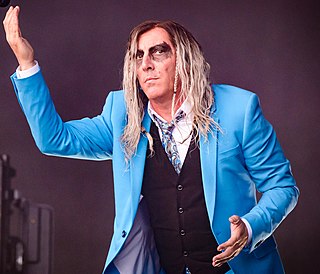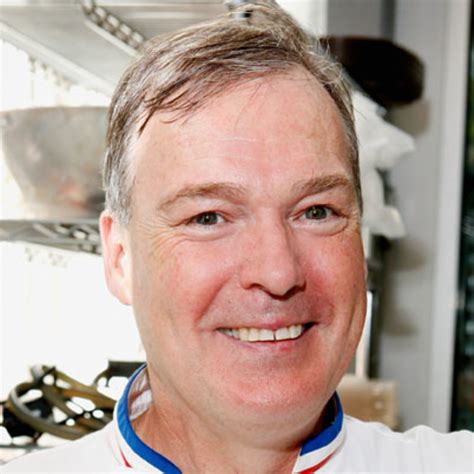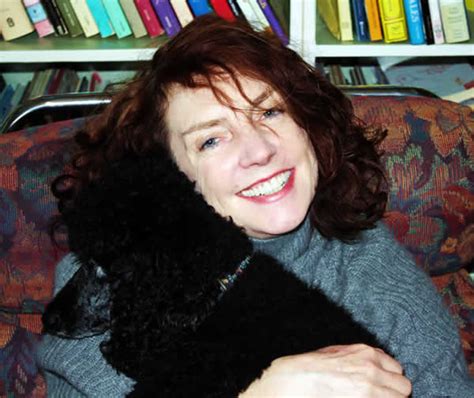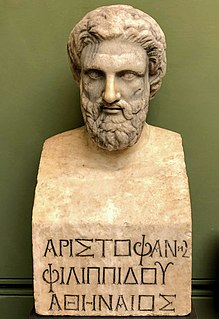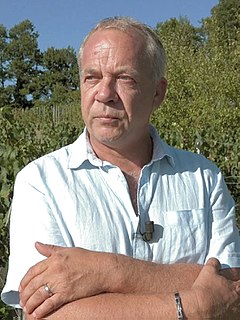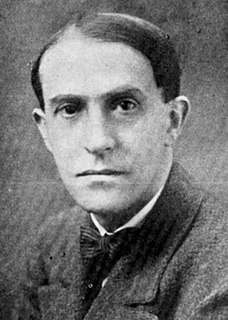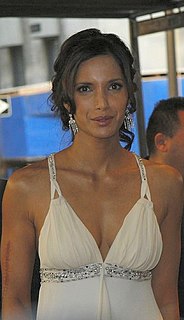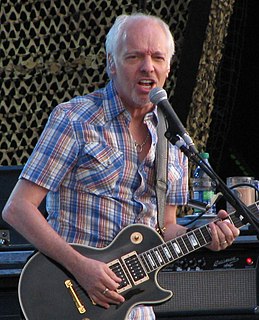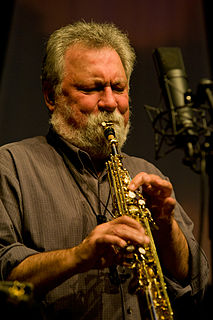A Quote by Maynard James Keenan
I think there's a reason why wine figures into so many religions. There's something transcendent about it. It's sort of the way that music is more than the sum of its parts. You have all these elements that make up the terroir that wine can communicate.
Related Quotes
Long ago, during my apprenticeship in the wine trade, I learned that wine is more than the sum of its parts, and more than an expression of its physical origin. The real significance of wine as the nexus of just about everything became clearer to me when I started writing about it. The more I read, the more I traveled, and the more questions I asked, the further I was pulled into the realms of history and economics, politics, literature, food, community, and all else that affects the way we live. Wine, I found, draws on everything and leads everywhere.
There's always a wine bully. The one person who did read the 'Wine Spectator,' who tells you what to drink and why the '97 is better than the '98. I want to punch the wine bully in the face. I want to make sure this generation of wine drinkers isn't elitist and snotty. I want it to be about family and bringing people together.
Inevitably I came to associate any wine I met with a specific place and a particular slant of history. I learned to perceive more than could be deduced from an analysis of the physical elements in the glass. For me, an important part of the pleasure of wine is its reflection of the total environment that produced it. If I find in a wine no hint of where it was grown, no mark of the summer when the fruit ripened, and no indication of the usages common among those who made it, I am frustrated and disappointed. Because that is what a good, honest wine should offer.
We laughed a lot and I grew warmer still, lovely and warm. I do realize that some of that warmth was due to the wine, but there was much more to it than that. There are two distinct aspects to Communion wine: one aspect is the wine itself, the other is the idea of communion. Wine is certainly warming, but communion is a great deal more so.
Do you dare to accuse wine of clouding the reason? Quote me more marvelous effects than those of wine. Look! when a man drinks, he is rich, everything he touches succeeds, he gains lawsuits, is happy and helps his friends. Come, bring hither quick a flagon of wine, that I may soak my brain and get an ingenious idea.
I don't know why but I love this kind of project, when it's a little difficult and when you have a history. The beginning of the story of viticulture was in the Middle East, and it was a different generation than the science and logistics of today. My passion is to go into the past to make wine. Wine is something cultural, not only something to drink. I always try to find the identity of the place.
